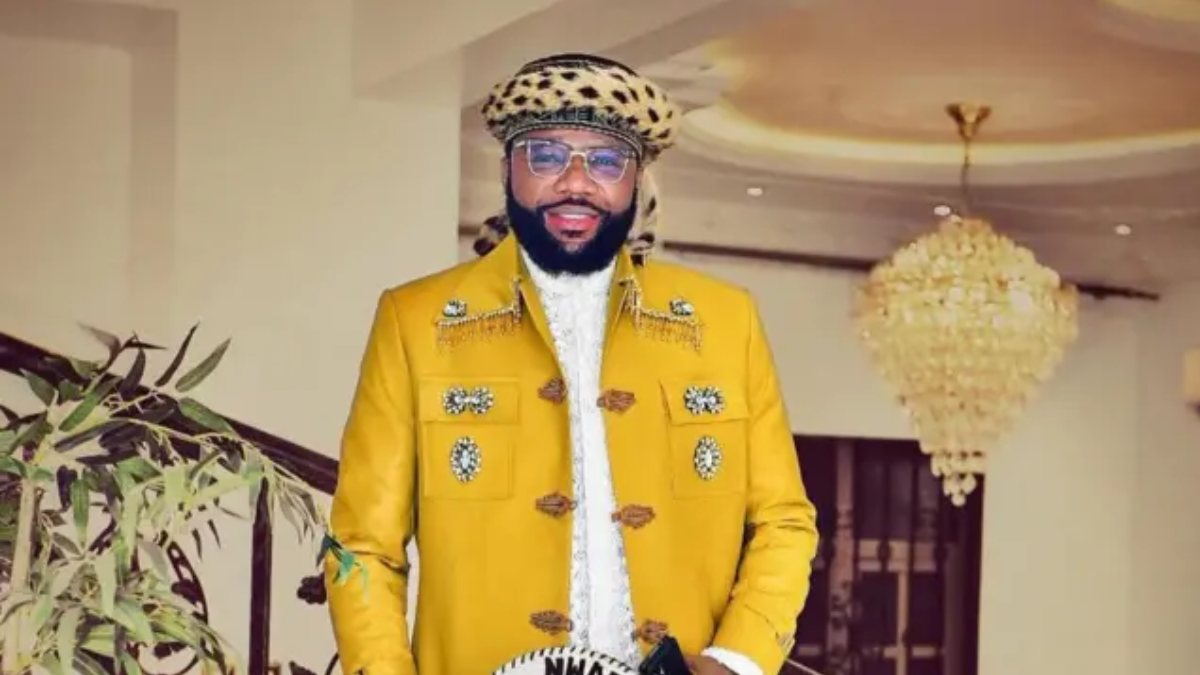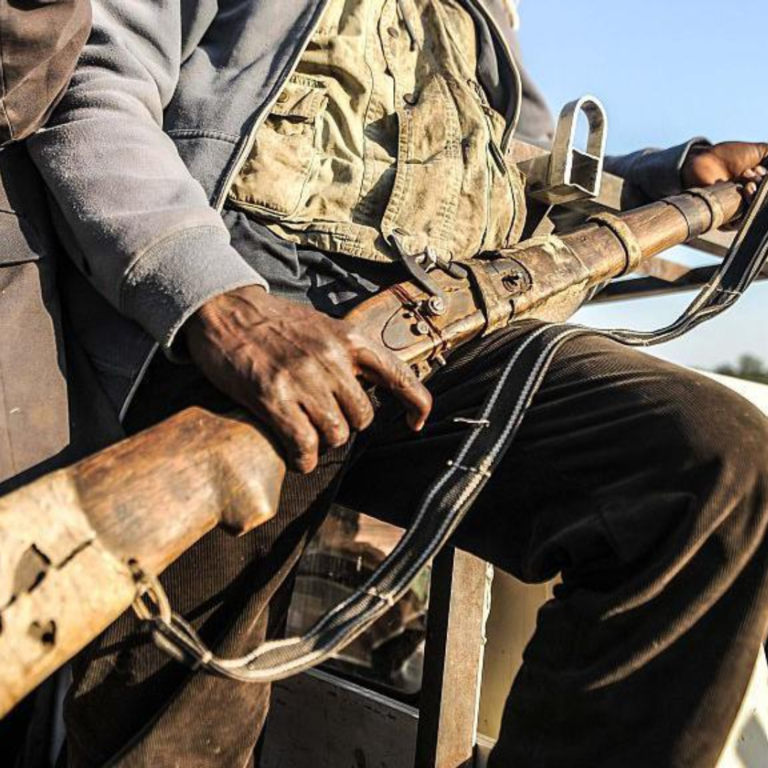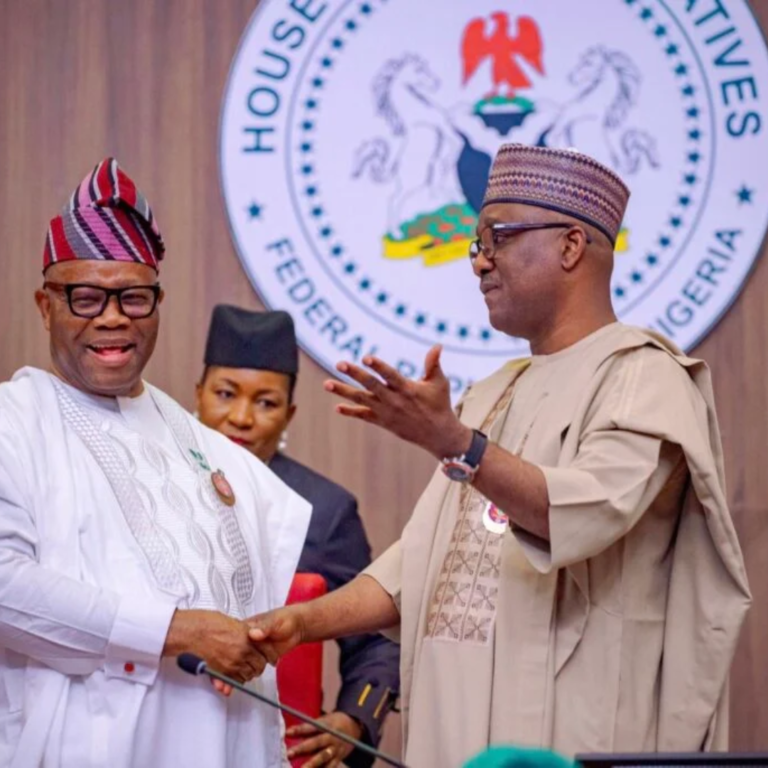If you’ve ever thought misinformation wasn’t much of a big deal, think again. The Citizen Report has just revealed that the effects of misinformation on Nigerian youths go way beyond what you’d ordinarily imagine.
What is The Citizen Report, and why did we do it?
The Citizen Report is a data-driven initiative by Zikoko Citizen in partnership with TechCabal Insights. Its major goal is to highlight the perspectives of Nigeria’s young people on crucial issues like misinformation, disinformation, artificial intelligence (AI), and digital threats. The idea is to understand what young people are thinking and feeling and how the government and other relevant stakeholders can help.
Anita Eboigbe, the COO of Big Cabal Media (BCM), the parent company of Zikoko, explains it better: “The reason Zikoko Citizen was initiated is that there was a challenge in obtaining adequate information on young people’s perspectives, what they think, how they make decisions, and what matters most to them. We wanted to understand how they feel about politics, policies, and advocacies and why their voices deserve to be heard. Our goal is to bridge that gap. The Citizen Report specifically informs young people on how to recognize and combat rampant misinformation, which is crucial as the rise of AI brings concomitant risks of deepfakes that bad actors can use to target vulnerable Nigerians.”
What exactly did we find?
The Citizen report launched at the Citizen Town Hall organised by Zikoko Citizen in partnership with Luminate found that misinformation affects the lives of Nigerian youths, and one of them is their view of politics.
Misinformation discourages 62% of Nigerian youths from political participation
If you’ve ever wondered why there is a low level of youth participation in politics and governance, despite youths making up a bulk of Nigeria’s population (over 70%, to be exact), look no further. Apparently, misinformation has been one of the major culprits of this issue because 62% of young Nigerians surveyed for The Citizen Report say they’ve had to stay back from political participation due to some of the misinformation they consumed online.
Where do they encounter this misinformation?
Your answer is the big old internet, specifically social media platforms— Twitter, WhatsApp, and Instagram. After surveying 335 young Nigerians aged 18-35, we found that 92.5% of them spend over three hours daily on social media while 84.2% of them rely on social media for news now, more than they did, five years back.
What is the nature of this misinformation?
The thing about misinformation is that you might have seen it somewhere without knowing. Some examples are the narratives that young people are politically immature and responsible for political violence but evidence on the ground show that young people are in fact interested in politics as one-third of the registered voters in the 2023 Nigerian elections were young people below the age of 30.
Also, formidable movements like the EndSars protests and the “Obidient movement,” which took the last election by storm, were spearheaded by young people—this is evidence that young people care and are active in showing it.
Young Nigerians fear the rise of AI will worsen things
It’s one thing to convince a person that something they read from a popular Twitter account or from a forwarded WhatsApp message is false, and it’s another thing to try to convince them that a video showing that same information is wrong— that’s the current situation of things now, and 53.4% of young Nigerians surveyed for The Citizen Report recognise it and are deeply concerned.
Nigeria’s youth are not wrong to be worried about AI worsening things because it is already happening– On a global scale, the use of deepfake videos has increased by more than 1000% between 2022 and 2023. Why? Bad actors are using them to generate fake videos impersonating reputable figures to spread disinformation.
A Nigerian example is this AI-doctored video of Kayode Okikiolu of Channels Channels Television, falsely promoting a cure for hypertension.
What else did we find?
Apart from misinformation’s effects on political participation among the youth, The Citizen Report also reveals other key insights about young people’s low level of trust in traditional media and their lack of trust in the Independent National Electoral Commission (INEC), among others. You can access the full report here.
What are our solutions?
Here are some of the ways we want the government and other relevant stakeholders to fix things:
Just like Finland has done, the Nigerian government should introduce digital and media literacy as part of the basic education curriculum.
- The government should invest more in fact-checking organisations.
- Civil Society Organisations (CSOs) should hold digital literacy campaigns on platforms like WhatsApp, where youths are more engaged.
- The government should create regulations against AI-generated content




